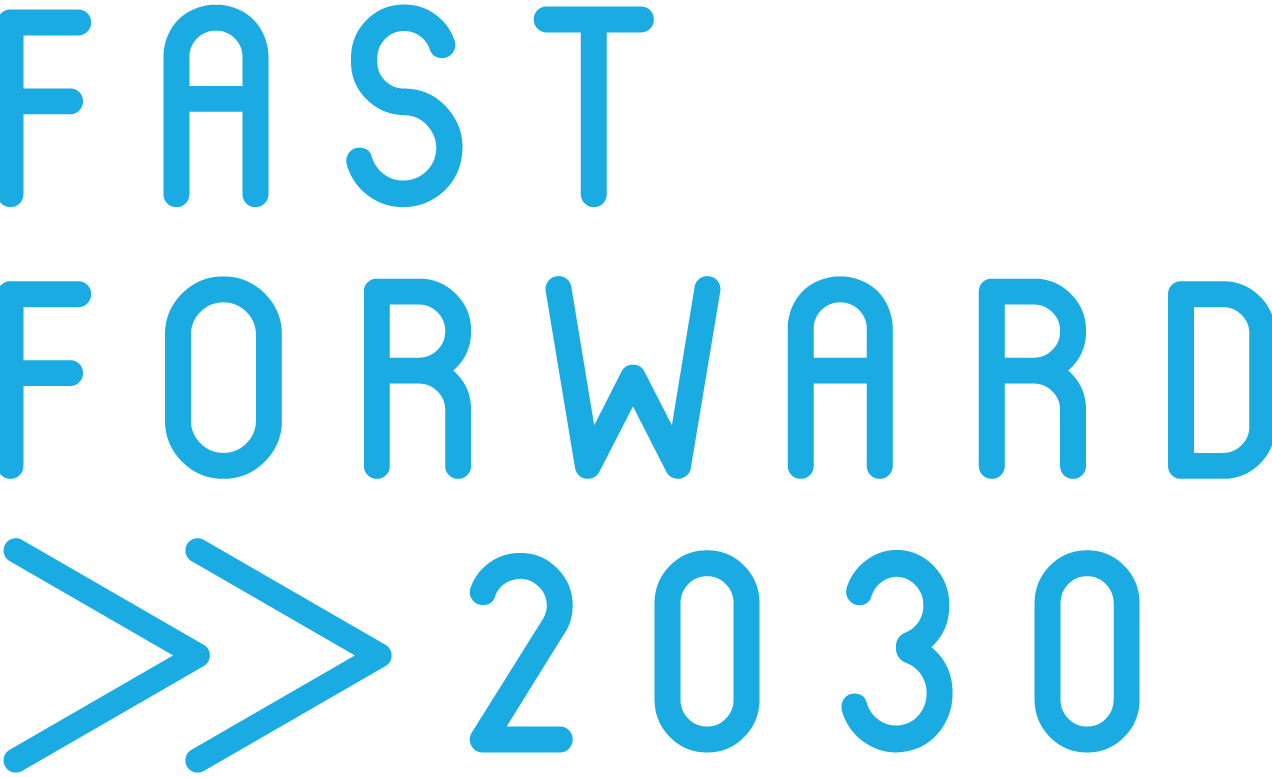Integrating SDG 3: Good Health and Wellbeing in Lebanon's Health Care
Is healthcare an individual act of fighting a disease, or is it a system that intertwines prevention measures, a lively environment conducive to life and wellbeing and an empathetic stance that ensures no human is denied attention to maintain their health?
Sustainable Development Goal 3: Good Health and Wellbeing is one of the goals set by UN member states agreement defining measurable targets to achieve the best system for preserving human health and wellbeing. It sets targets to ensure reduced mortality, especially among mothers and newborns, road safety, mental health, freedom from addiction, accessibility to affordable healthcare for all, eradication of transferable diseases, and advancement in scientific research, creating a collective immune system that maintains humanity.
Looking at SDG 3 progress in Lebanon's context
Lebanon holds great history and opportunity is best achieving this goal as well as severe obstructions:
Lebanon was ranked 23rd in the Bloomberg Health Efficiency Index in 2019. Considering the number of treated patients, lives saved, time, cost and resource efficiency in providing healthcare services. Lebanon is known as "the hospital of the Middle East" thanks to the excellence of its healthcare providers.
Historically, given its unique climate, rich biodiversity, and ingenious medical practitioners, medical tourism was a great asset Lebanon held, hosting patients worldwide seeking quality healthcare and recreation.
Today, the Lebanese healthcare system falls prey to political and economic instability. Corruption and the recent successive crisis reached the pinnacle of instability with the August 4th Beirut Port explosion. This traumatic devastation, followed by an absence of accountability, has numerous repercussions:
Lack of public governance that ensures equality among all citizens in providing affordable healthcare regardless of financial status per SDG3 target 3.8 (achieve universal health coverage). With the excruciating financial crisis and Coronavirus pandemic, its impact is more reverberating.
We are witnessing the emigration of medical staff, doctors with degrees and decades of experience, the backbone of the healthcare quality provision. That decline factor for most SDG 3 targets will be challenging to mend.
Fighting non-communicable diseases as per target 3.4 by preserving mental health has become a more significant challenge since trauma and devastation have directly reached the majority of the Lebanese population. Since the rising of the economic crisis, the rate of suicides increased. Many point out the cause: the indispensable dignity citizens’ life requires that social injustice has deprived them of.
Today's circumstances echo the epoque following World War 1, when Lebanon was sieged and isolated under Turkish mandate, suffering famine and over 2000 deaths. That reminder in itself brings about subconscious traumas that resurface.
Lebanon is a perfect example demonstrating the importance of governance, peace, justice and strong institutions to ensure the preservation and nurturing of an efficient healthcare system that maintains quality of service for all citizens. It shows how intertwined and interrelated Sustainable Development Goals are. The importance of advancing in their holistic implementations affects the success of each one.
